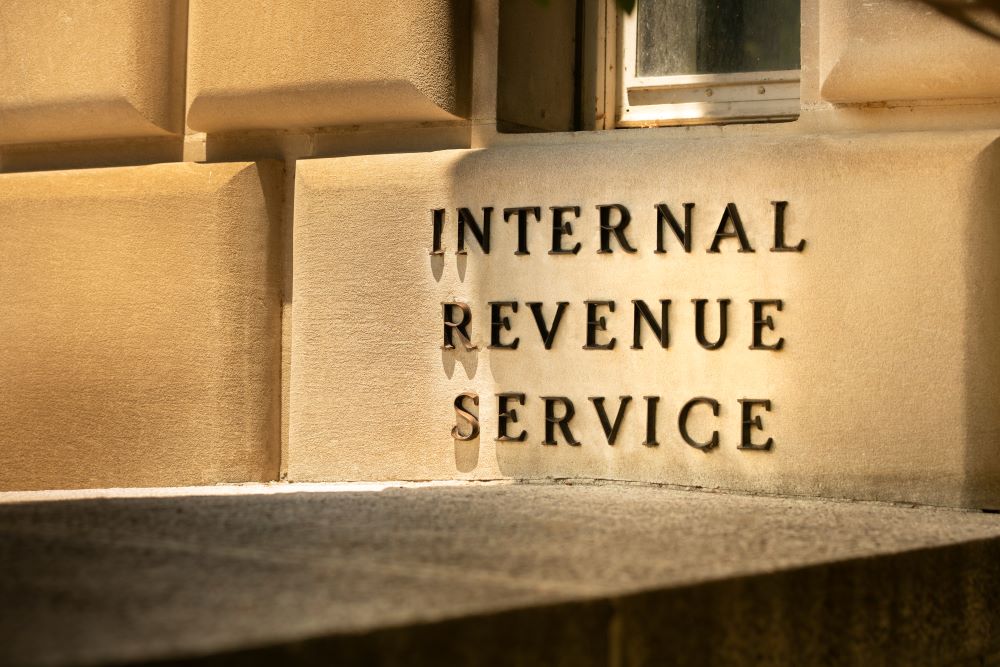- Home
- Resources
Plan Sponsor Resources


Categories
As retirement planning evolves, different ways to think about it continue to eme...
Spring isn’t just a great time to clean up your attic, basement, garage, closet ...
Q: Our committee is considering adding a collective investment trust (CIT) to ou...
Wage Inequalities, Lack of Financial Literacy Continue To Challenge Women Savers...
Evolving Priorities Offer New Opportunities to Promote Financial Wellness in 202...
April If a plan audit is required in connection with the Form 5500, make arrange...
According to a recent survey by AARP, the average age of people who started taki...
Consider These Strategies to Boost the Cost Effectiveness of Your Plan It's impo...
As a plan sponsor, it’s prudent to compare how your investment menu looks compar...
Employees are prioritizing short-term financial needs over retirement savings, a...
Q: Can you clarify the U.S. Department of Labor’s new 401(k) audit rule for Form...
















